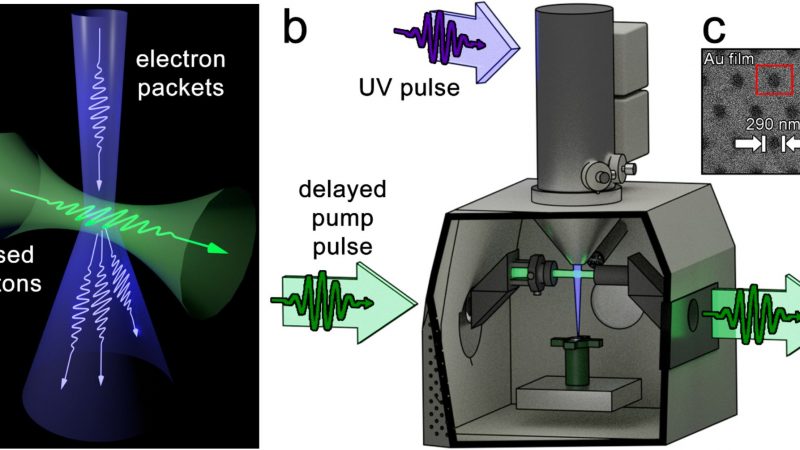Monroe receives $50K in tech ed equipment grants from state

MADISON — Gov. Tony Evers, together with the Wisconsin Department of Workforce Development (DWD), announced April 3 that 2,927 students in 17 school districts statewide will benefit from advanced manufacturing training in preparation for high-demand job opportunities thanks to grants from the Wisconsin Fast Forward Program.
“There’s no denying the role of advanced manufacturing in the future of our economy and workforce right here in Wisconsin, and ensuring our kids have access to high-demand, high-skill job training opportunities is critical if we want to prepare our future workforce for the 21st Century,” said Gov. Evers. “By investing in technical education in school districts across the state, we are connecting the dots and expanding career opportunities for thousands of students while positioning our manufacturers for success.”
The current round of Wisconsin Fast Forward grants from DWD totals $495,106 for school districts across the state to train students for career paths involving robotics, welding, plasma cutting, 3D printing, drones, and more. These grants reimburse school districts for the costs of purchasing and installing technical education equipment used for vocational training and technical education in advanced manufacturing fields. This includes the purchase of new equipment such as computer numerical control machines, robotic welders, fiber laser cutting machines, 3D printers, and more.
The awards announced include $50,000 to the School District of Monroe. The district will use grant funds for Multiprocess Miller Welders XMT 350, Millermatic 252 wire feed welders, and Dynasty 210 TIG Welders, enabling the school district to work with employers and the technical college to provide manufacturing courses, certifications, mentorship, and career exploration.
“Fast Forward grants accelerate advanced manufacturing training and equipment to better prepare our future workforce for careers in this high-demand, high-skill industry,” said DWD Secretary Amy Pechacek. “The state-of-the-art equipment, including robotic welders, laser cutters, 3D printers, and other high-tech tools, will enable schools to provide coursework that aligns with industry standards and requirements.”
High school students will train in advanced manufacturing fields to prepare for stable careers while they obtain dual enrollment credits, industry-endorsed certificates, and technical endorsements on high school diplomas. Advanced manufacturing refers to a family of manufacturing activities that depend on the use and coordination of information, automation, computation, software, sensing, and networking, and/or use of cutting-edge materials and emerging production capabilities enabled by the physical and biological sciences (e.g., nanotechnology, chemistry, and biology). This involves both new ways of manufacturing existing products and manufacturing new products emerging from advanced technologies.





